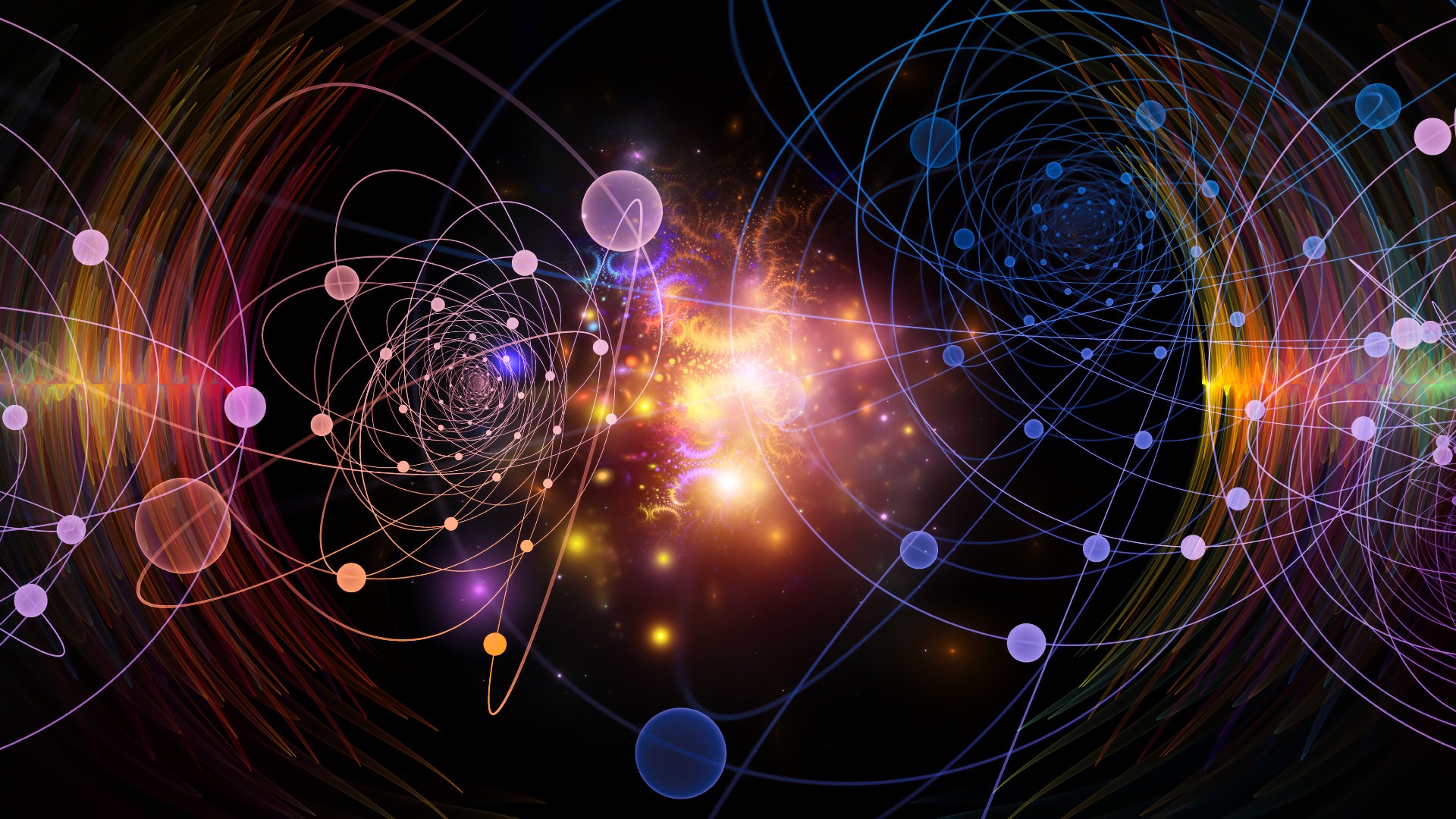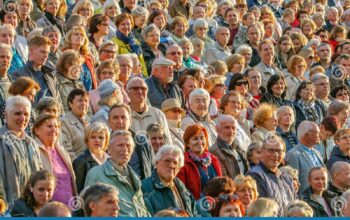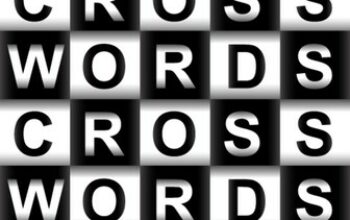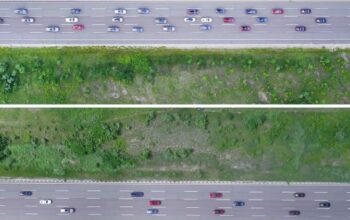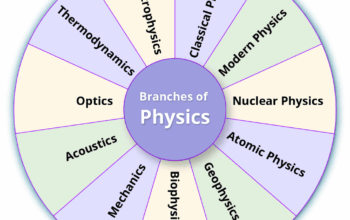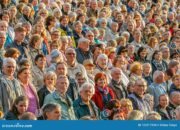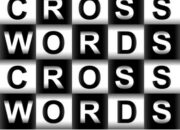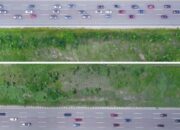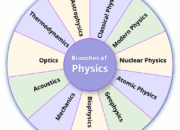The landscape of quantum mechanics resembles a church of paradoxes, with physicists flitting between the roles of supplicants and priests, worshipping at the altar of the quantum bit, or qubit. Imagine a pontiff who bestows blessings upon these qubits, guiding their transition between states, bestowing upon them the fundamental tenets of quantum theory. At first glance, the imagery might be whimsical, yet it encompasses a profound inquiry into the very nature of reality. The playful question arises: Can a quantum pontiff truly govern the enigmatic behaviors of qubits, or are they mere subjects to the immutable laws of quantum mechanics? This fanciful juxtaposition highlights the ongoing struggles in understanding and manipulating the foundational elements of quantum systems.
To delve into the quandary, one must first comprehend qubits’ essence. Unlike classical bits, which rest serenely in a binary state of 0s and 1s, qubits embody the principles of superposition and entanglement, allowing them to exist in multiple states concurrently. This duality unveils a realm of computational possibilities previously unfathomable. However, this superposition creates a challenge: can we, as stewards of quantum theory, harness such potent characteristics without succumbing to the pitfalls of decoherence? The chaotic whisper of environmental noise threatens to erode the delicate states of qubits, leading one to ponder: is a stable quantum computation an ethereal dream, or is it achievable through disciplined governance?
Another fascinating element to consider is the entangled relationships between qubits, akin to a familial bond that transcends distance and local disturbances. The phenomenon of entanglement suggests that a change in the state of one qubit instantaneously alters the state of its partner, regardless of their spatial separation. This non-locality challenges classical notions of causation and beckons a reexamination of our inherited wisdom surrounding separateness and individuality. Does this entail a requisite shift in our understanding of information and communication within a quantum context? The implications extend beyond theoretical musings, proposing transformative applications in quantum teleportation, cryptography, and beyond.
However, the communal dialogue of qubits is riddled with obstacles and contradictions. While the idea of a quantum pontiff suggests a benevolent overseer, the actual governance appears fraught with technical challenges. Quantum error correction has emerged as a pivotal area of inquiry. This concept aims to mitigate the adversities posed by noise through redundant coding schemes that preserve qubit integrity. The practical implementation of such strategies indicates not merely a defensive posture but a proactive approach to qubit manipulation under duress. Does this mean that the corpus of knowledge forms an armor for qubits instead of a shroud? The interweaving narrative of technology and philosophy wields significant bearings in this discourse.
The continuing emergence of quantum supremacy incites excitement and trepidation in equal measure. When a quantum computer performs computational tasks unattainable by classical counterparts, is this heralding the arrival of a new era of enlightenment—or the precipice of unforeseen complexities? The quantum pontiff would face the ethical and practical questions arising from such prowess. As we glide toward the precipice of quantum technologies, what responsibilities accompany our newfound capabilities? Should the pontiff exercise a discerning hand, or afford unconditional freedom to the qubits? This intersection of morality and technology will undoubtedly dictate the trajectory of quantum progress.
Fostering clarity amid such obscure intricacies requires patience and dedication to elucidating and experimenting with the essence of quantum control. It propels various research initiatives from the realms of quantum algorithms to quantum machine learning, each serving as a vessel through which we can meditate upon qubits’ operations. Various trajectories exist: some researchers focus on enhancing qubit coherence, while others keep their sights on entangling larger and larger ensembles, perhaps signaling that the final blessing of the quantum pontiff lies in nurturing the full potential of collective qubit systems. Could the aggregation of qubit states lead to emergent properties that transform our understanding of quantum mechanics? The anticipation of new understanding cascades through the field like ripples across still water.
Nevertheless, the audacity of inquiry into quantum phenomena carries with it an imperative call for interdisciplinary collaboration. Reaching beyond the physicist’s sanctuary, it beckons contributions from mathematicians, computer scientists, and philosophers alike. The metaphysical implications raised by qubit behavior invariably provoke philosophical reflection on the foundations of reality itself. As we trek further along this trajectory of exploration, would it bolster or undermine existing philosophical paradigms? A fresh understanding seems imminent yet fleeting, constantly reshaping itself in the light of newly acquired knowledge.
As such, the proposition that a quantum pontiff might shepherd qubits incites contemplation—one that transcends whimsy and centuries-old debates in quantum theory. Ultimately, the fate of qubits beckons us to embrace duality and complexity, compelling us to interrogate not only the mechanics of quantum systems but also the philosophical bearings our discoveries wield on both science and society. Can we forge a new narrative imbued with scientific foresight and ethical responsibility, or are we at risk of succumbing to the very paradoxes we endeavor to master? The answer lies not only within the mathematical confines of qubits but also in humanity’s willingness to navigate the nebulous interplay of knowledge and control, all while seeking the blessing of the elusive quantum pontiff.
